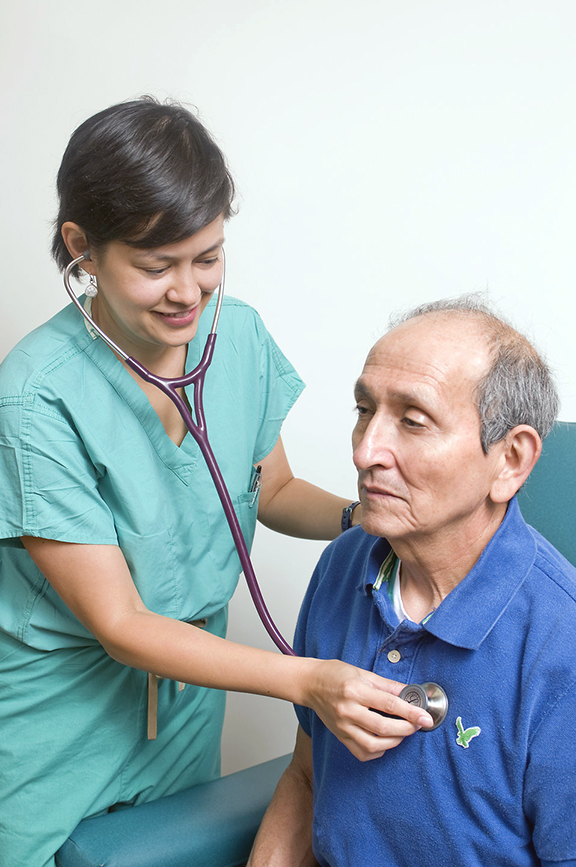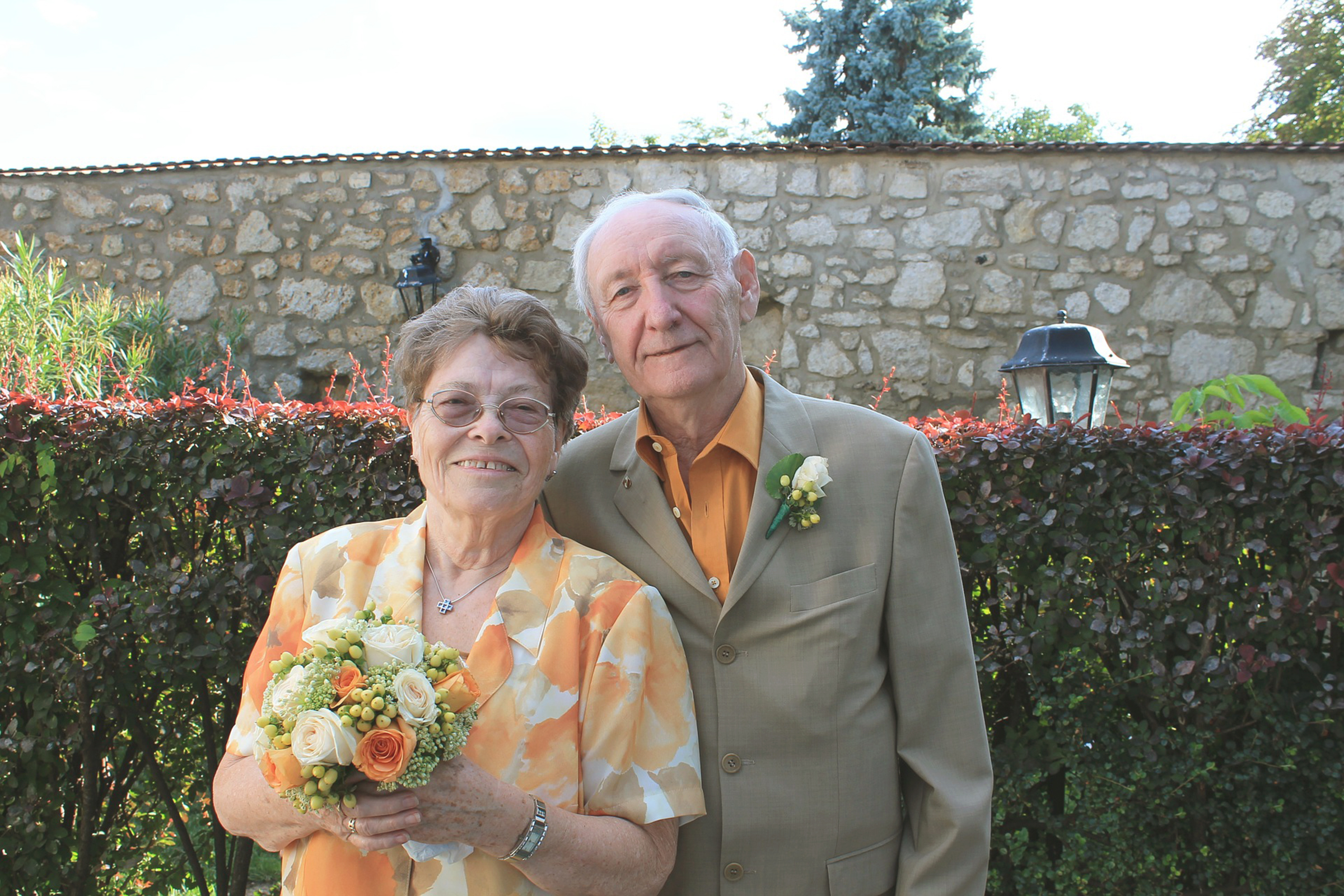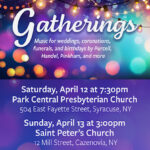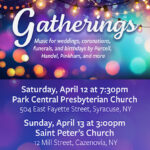Top 5 Risks for Seniors
I gave a lecture recently regarding the top 5 health issues for seniors and I thought I would translate that into an article. (By the way if you have a group interested in hearing about medical issues contact my office and we’re happy to oblige if we can. I have a lot of information stored in the data banks and I’m happy to give it all at once to a group of people rather than one of the time in office calls. I don’t know if I will entertain you but I know I will educate you.)
The top 5 health dangers to seniors are pills/polypharmacy, falls, heart disease, cancer and dementia. Luckily, with each of these issues there are interventions. -Interventions that are patient based. Interventions that will save you money and make you healthier and that don’t require prescription medication.

Polypharmacy is defined as an increase in the number of medications or use of more medications than is medically necessary.
Starting with polypharmacy … That’s defined as an increase in the number of medications or use of more medications than is medically necessary. Polypharmacy is common in ambulatory care, hospitals and in nursing homes. Polypharmacy increases the risk of practically everything. According to the NIH polypharmacy increases healthcare costs, increases side effects, increases medication noncompliance, worsens functional impairment, affects cognitive status, increases the risk of falls and incontinence. You can take action here. Carry a list of all your pills including supplements to all your doctor visits. Involve your doctor and your pharmacist in reviewing your list. Don’t to be afraid to challenge your doctor and ask questions. Know what pills you’re taking and why. The more meds you take the more dangerous it is. Having practiced for almost 30 years I can tell you there are not a lot of doctors in Syracuse that are stopping pills and in fact only geriatric doctors are really trained to cut down the pills as age-appropriate. Just as an example if you are over the age of 76 and you have no history of heart disease the US Preventive Services Task Force in November 2016 concluded that “the current evidence is insufficient to assess the balance of benefits and harms of initiating statin used for the primary prevention cardiovascular events.” I have seen literally 100’s of people in their 80s with no inkling of heart disease or stroke who are taking a statin drug.

Heart disease remains the #1 cause of death in America. Genetics, exercise, diabetes, blood pressure, smoking, diet, stress, age and cholesterol all play a role.
Next up is Falls. Falls are the leading cause of death by accidental injury among people who are older than 65. The average healthcare cost of a fall injury involving a person 72 years or older was 19,448 dollars in 1998 according to the NIH. Please don’t think it won’t happen to you. One fourth of Americans age 65 or older fall each year. Every 11 seconds an older adult dies from a fall. Falls are the leading cause of fatal injury and the most common cause of nonfatal trauma related hospital admissions among older adults. Again here as a place for you can take actions. You can clean up the clutter, repair or remove tripping hazards like rugs, install grab bars and handrails, appropriate lighting, shoes not socks, live on one level, wear an emergency alert type device. Be aware that your diabetic and blood pressure meds can increase falls. No matter how careful you are you will eventually fall and that’s why exercise is best protection against fall related injury. If you work on your balance actively and you work on keeping your muscles in tone then you’ll recover better faster etc. after the fall. The bottom line is that you’re going to fall, but the better you take care of yourself the better you will recover.
Of course we can’t forget about heart disease. It remains the #1 cause of death in America. Genetics, exercise, diabetes, blood pressure, smoking, diet, stress, age and cholesterol all play a role. Luckily except for genetics and age you can work on all those modifiable risk factors. Focusing on the basics of diet and exercise is available to everyone and anyone.
Likewise cancer remains a common killer. Cancer does not become less common as you get older. Treating cancer comes with a staggeringly high price tag. Preventing cancer does not. Again this is an area where very simple changes in your lifestyle can have a profound effect on your risk for cancer. Not smoking. Moderating alcohol. Increasing fruits and vegetables … the antioxidants. None of this is controversial. None of this requires a prescription from the doctor. Again you’re in the driver’s seat when it comes to your health heart wise and Cancer wise. The problem is most of you are unwilling or unable to turn the keys in the ignition and get started on your drive to healthy longevity land … and of course that’s the key. You don’t want to just grow old you want to grow old and remain healthy as possible. This does not come from a random act of kindness this comes from you putting in consistent sustained attention to your health.

Whether you can help yourself prevent dementia by engaging in new activities and mental challenges remains debatable but physical exercise has been studied in multiple trials and has a protective effect on the brain.
Finally we come to dementia. Dementia, to me, seems much worse than cancer or heart disease because of how long it lasts and the effects it has not only on the patient but the caregiver. No one wants a heart attack but at least if you drop-dead your suffering is over quickly. Likewise no one wants a cancer but after whatever harrowing therapeutics are necessary you can hope to enjoy a quality of life again but with dementia it’s a never ending nightmare. The staggering financial costs related to dementia, which are certain to increase dramatically as the Silver Tsunami peaks, Pale in my mind in comparison to the psychological damage done by this process. As depressing as this subject is, and I find it profoundly depressing, there is action again you can take to attempt to prevent dementia. Keep your weight down because obesity is associated with dementia. Keep your sugars under control because diabetes is related to dementia. Get regular exercise because regular exercise is strongly inversely correlated with getting dementia. Don’t smoke and be moderate with alcohol. Control your blood pressure but don’t let it go so low that you get dizzy. Most important is exercise. Whether you can help yourself prevent dementia by engaging in new activities and mental challenges remains debatable but physical exercise has been studied in multiple trials and has a protective effect on the brain.
So there are multiple dangers ahead for seniors but luckily you can take action that improves your odds. Simple basic action like eating better and exercising etc. Even though I’m the doctor I find it heartening that you don’t have to come to me to make a big impact on your health. Take charge, take action and work on your health every day.












